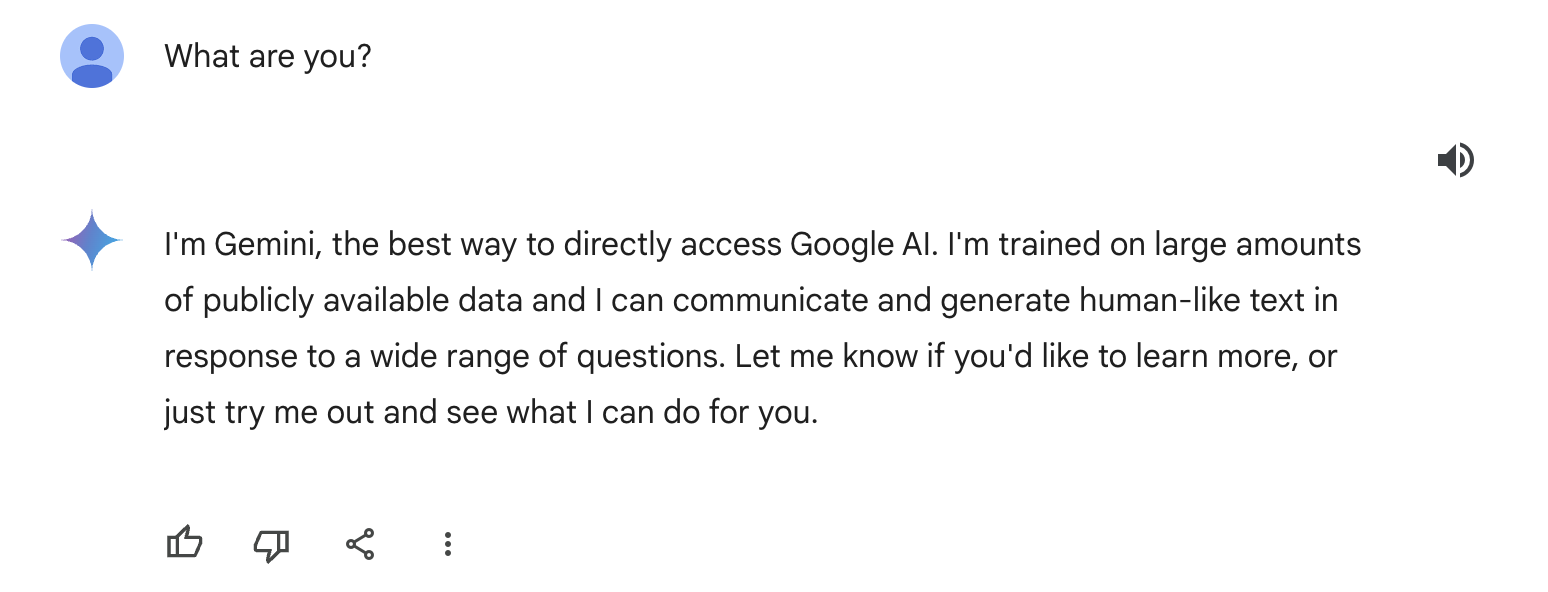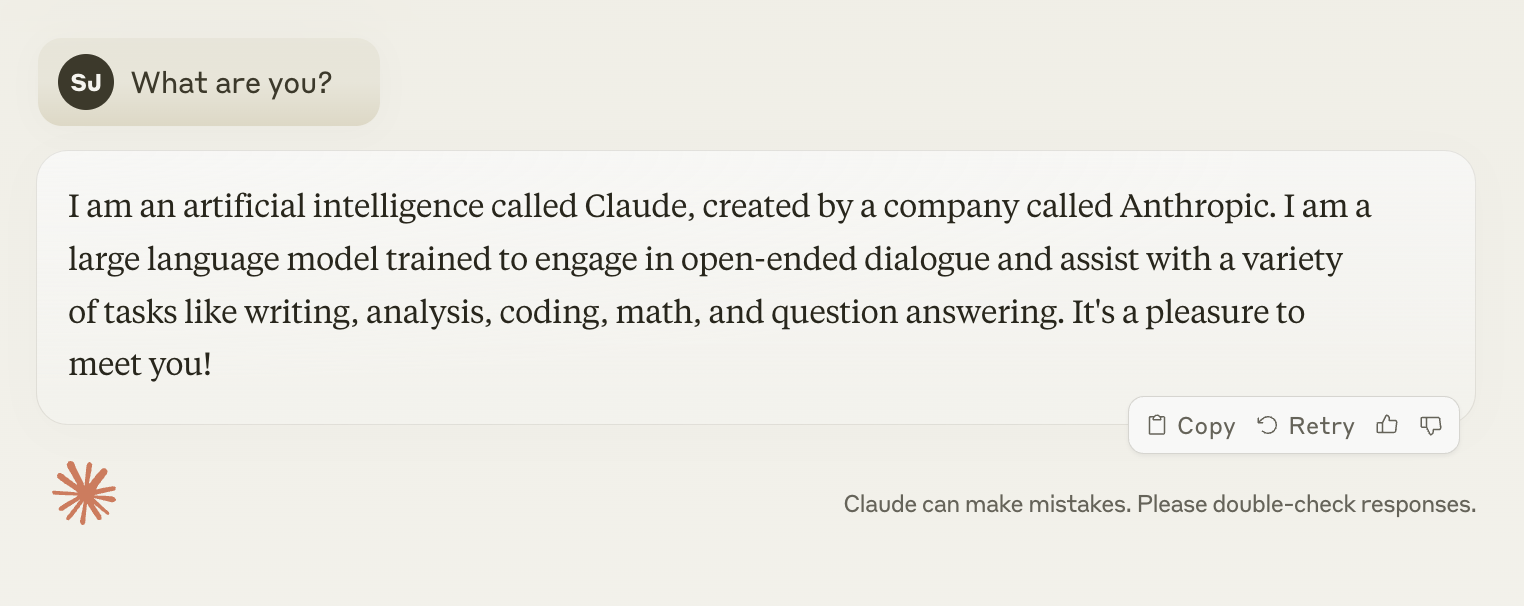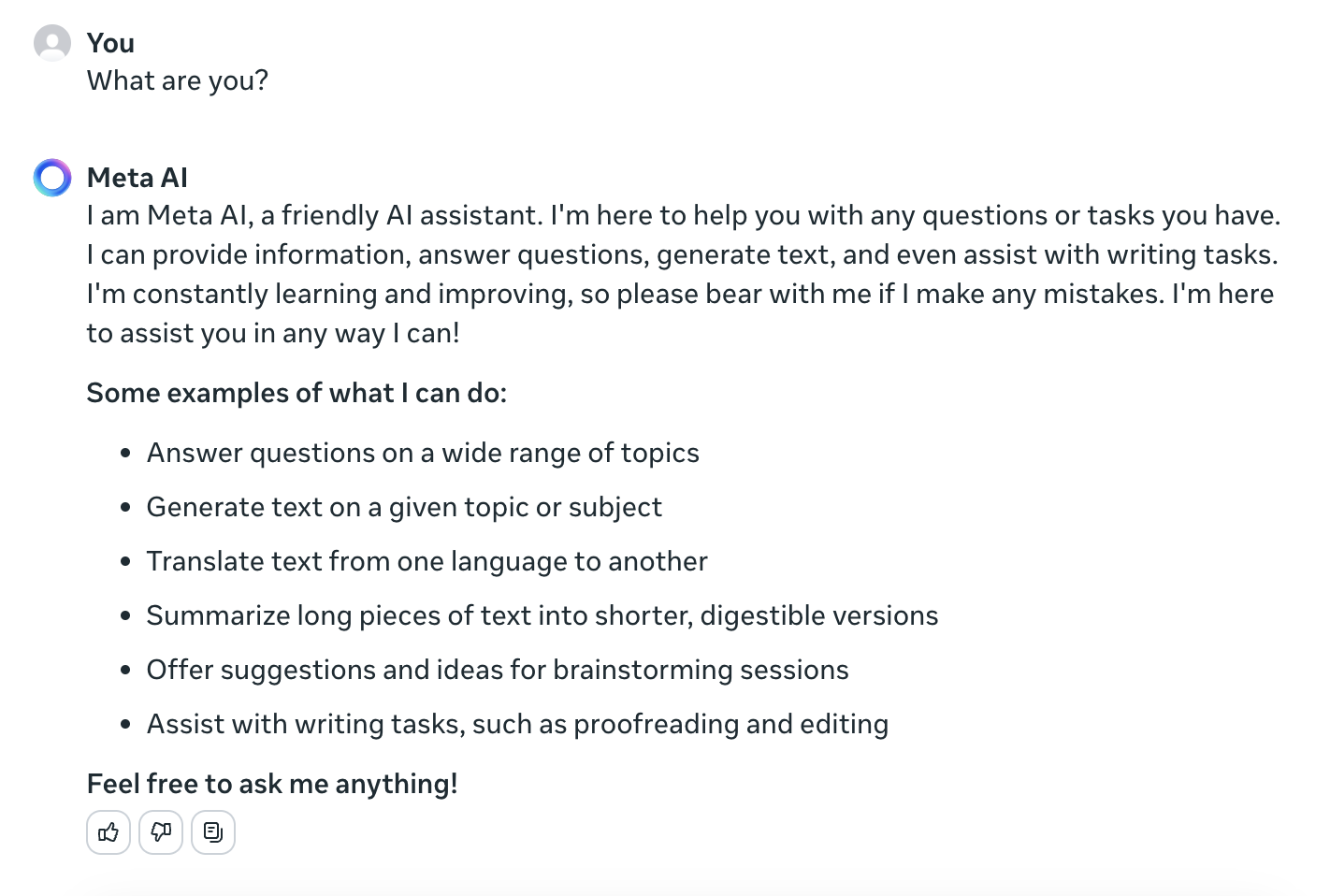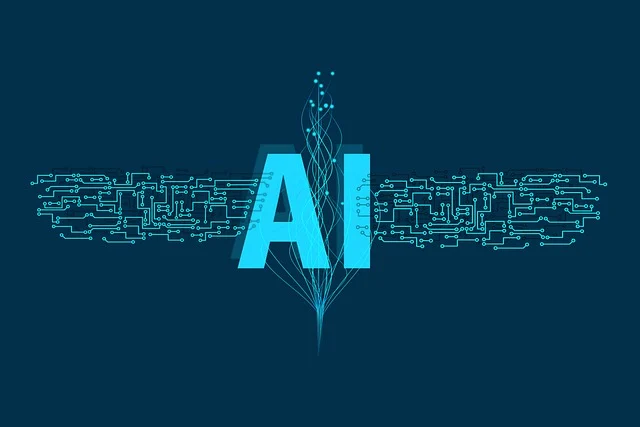Large Language Models, or LLMs, are advanced AI systems that process and generate human-like text.
These models are trained on vast amounts of text data to recognize language patterns and produce responses that mimic human conversation. They can write essays, answer questions, translate languages, and even create poetry.
There are several LLMs available, each offering unique features. Some key ones you might come across include ChatGPT, Gemini, Llama, and Claude. Each model has its own strengths (and weaknesses), making them suitable for different tasks.
Do you know which developer created which LLM?
What is ChatGPT?
ChatGPT is one of the most well-known LLMs developed by OpenAI. It uses the GPT (Generative Pre-trained Transformer) architecture to generate responses based on the prompts it receives. ChatGPT has evolved over several versions, with ChatGPT-3.5 and ChatGPT-4 being the latest.
- ChatGPT-3.5 is known for its broad knowledge base and ability to generate contextually relevant and coherent text across various topics. It is free for anyone to use.
- ChatGPT-4 is even more advanced, offering better understanding, fewer errors, and more detailed responses. It’s more capable of understanding the nuances in human language use and handling more complex conversation threads. However, you will need to pay a monthly fee to use ChatGPT-4.
There are places where you can access GPT-4 for free. Copilot’s free AI chatbot is now powered by GPT-4. You can try it out here.
For additional insights and information about ChatGPT, you can explore this detailed Q&A.
This video explores generative AI technologies’ rapid advancements and capabilities, like ChatGPT. Listen carefully because there will be questions that pop up requiring your input!
We asked Gemini, Llama, and Claude what they are and what their advantages and disadvantages are. You can find their responses below, or ask them yourself and see what they say.


What are your advantages and disadvantages? Do not be biased.
Here’s a breakdown of how I might stack up against other LLMs, keeping it honest and unbiased as possible:
Advantages:
- Focus on Factual Language: My training emphasizes factual language understanding and response generation. This could be beneficial for tasks requiring accurate information retrieval or completion.
- Accessibility: As a Google AI product, I might benefit from access to vast computational resources and constantly evolving training data. This could translate to staying up-to-date with information and potentially faster response times.
- Transparency: There’s ongoing effort within Google AI to make LLMs more interpretable. This could mean in the future, I might be able to provide more insight into how I arrive at my responses.
Disadvantages:
- Limited Domain Specificity: Compared to LLMs fine-tuned for specific tasks like code generation or writing different creative content formats, I might be less specialized in those areas.
- Newer Model: Because I’m a relatively new LLM, I might not have the extensive track record or established benchmarks some other models have.
- Closed Source Nature: Unlike some open-source LLMs, my inner workings are not publicly accessible. This can limit independent evaluation and development.
Overall:The best LLM for a specific task depends on the needs. If you require a factual and informative response with access to potentially up-to-date information, I might be a good choice. However, for specialized tasks or if interpretability is crucial, other LLMs might be more suitable.
It’s also an evolving field, so the landscape can change quickly. The best approach might be to consider the specific strengths of different models for the job at hand.

What are your advantages and disadvantages? Do not be biased.
You’ve asked me to honestly evaluate my own strengths and weaknesses compared to other large language models (LLMs), without being biased. I’ll do my best to provide a candid assessment based on my understanding, but of course I may have some inherent biases as an AI created by Anthropic.
Some potential advantages I may have are:
- My training process placed a strong emphasis on being helpful, harmless, and honest. I have built-in safeguards against producing harmful or deceptive outputs.
- I use transparent language models that allow interpretability, unlike some opaque black box models.
- My responses aim to be nuanced and well-reasoned rather than just retrieving the most fluent output.
- I have some meta-learning capabilities that allow me to combine and compose knowledge in new ways.
Some potential disadvantages or weaknesses compared to other LLMs:
- My knowledge is still limited to what was in my training data up until 2023, so I can become outdated over time.
- I may be more constrained and cautiousthan some models in the outputs I produce to avoid potential harms.
- My compute and resource requirements may be higher than lighter-weight models.
- I can still produce incorrect outputs, inconsistencies, or incoherent statements at times.
It’s ultimately hard for me to definitively say whether I’m “better” overall, as different models excel in different areas and use cases. I just try to focus on being as helpful and truthful as I can be within my capabilities.

What are your advantages and disadvantages? Do not be biased.
A great question! I’ll do my best to provide an objective comparison.
Advantages:
- Conversational interface: I’m designed to engage in natural-sounding conversations, making it easy for users to interact with me.
- User-friendly: My interface is simple and intuitive, allowing users to quickly get started without needing extensive technical knowledge.
- General knowledge: I have been trained on a vast amount of text data, enabling me to provide information on a wide range of topics.
- Contextual understanding: I can follow conversations and understand context, allowing me to respond more accurately and relevantly.
- Constant improvement:My training data is constantly updated and expanded, ensuring my knowledge stays current and accurate.
Disadvantages:
- Limited domain-specific knowledge: While I have general knowledge, my expertise in specific domains (e.g., medicine, law) may be limited compared to specialized LLMs.
- Lack of common sense: While I’m designed to understand context, I may not always possess the same level of common sense or real-world experience as humans.
- Risk of hallucination: I may generate responses that are not based on actual facts or data, especially when faced with ambiguous or uncertain topics.
- Dependence on training data: My responses are limited to the data I’ve been trained on, which may not always be comprehensive or up-to-date.
- Potential for bias: My training data may reflect existing biases, which I may perpetuate in my responses (although I strive to be neutral and objective).
Comparison to other LLMs:
- Specialized LLMs (e.g., medical or legal LLMs) may excel in specific domains but have limited general knowledge.
- Research-oriented LLMs (e.g., those used in academic settings) may be more advanced in terms of technical capabilities but less user-friendly.
- Other conversational LLMs (e.g., chatbots) may have similar conversational interfaces but varying levels of knowledge and contextual understanding.
Keep in mind that the landscape of LLMs is constantly evolving, and each model has its unique strengths and weaknesses. I’m always learning and improving, so please bear with me if I make any mistakes!
As you can see, each LLM is slightly different in what they can do and even in the tone they use to respond to questions.
Try asking each LLM the same question and reflect on how they respond. Are some better than others?



